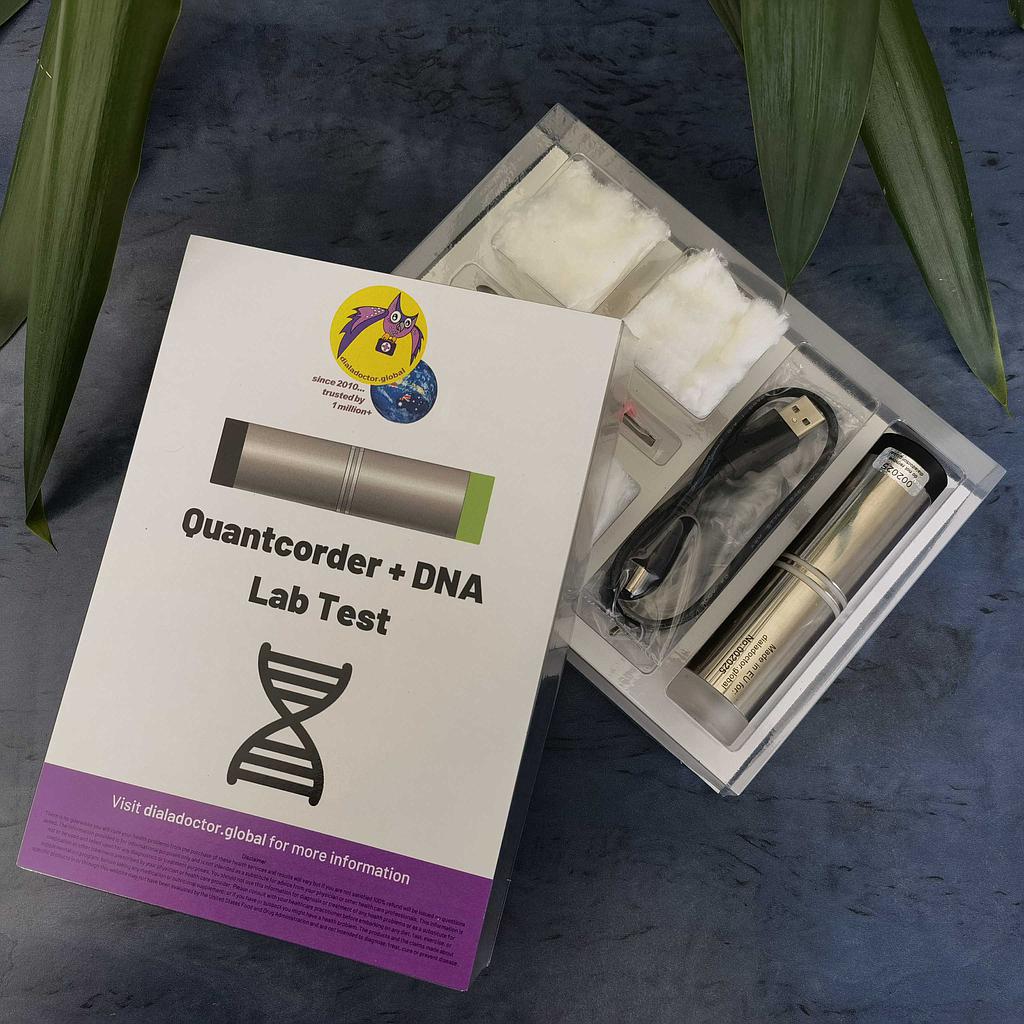




Brain cancer remains one of the most challenging medical conditions, with various types and treatments that continue to be the subject of extensive research. This article draws upon the knowledge and expertise of renowned figures in the field of health and wellness, including Dr. Bruce Lipton, Prof. Thomas Seyfried, Dr. Paul Mason, Dr. Ken Berry, Dr. Sten Ekberg, Mikhaila Peterson, and Jordan Peterson, to provide a comprehensive overview of brain cancer and its current treatment options.
Brain cancer encompasses a group of malignant tumors that arise from various cells within the brain or the central nervous system. These aggressive growths can disrupt normal brain function and are a serious health concern.
Comprehending brain cancer is crucial because early detection and treatment can significantly improve outcomes. Knowledge empowers patients and their families, enabling informed decisions about care and management.
Dr. Bruce Lipton, a pioneer in the field of epigenetics, emphasizes the role of the environment in gene expression. His research suggests that while genetics play a very small role in cancer development, external factors, including environmental factors (especially ultra-processed carbohydrate consumption), our experiences and perceptions, can significantly influence gene behavior. This perspective opens up new avenues for understanding how brain cancer develops and how it might be managed by altering one’s environment and lifestyle.
Prof. Thomas Seyfried’s work focuses on the metabolic management of brain cancer, particularly glioblastoma. He advocates for a non-toxic therapeutic strategy combining a strict carnivore diet with specific nutrition supplementation and oxygen to target cancer cells. This approach is based on the premise that cancer is primarily a mitochondrial metabolic disease, and by altering the body’s metabolic state, one can potentially manage and treat brain cancer more effectively.
Dr. Paul Mason’s research into low carbohydrate diets suggests that dietary interventions can play a crucial role in managing chronic diseases, including brain cancer. By reducing carbohydrate intake, patients may experience improvements in metabolic function, which could positively impact the management of brain cancer.
Dr. Ken Berry is another proponent of the carnivore diet, particularly in the context of brain health. His insights suggest that while the carnivore diet is not in itself a cure for brain cancer, but it may support overall brain health and facilitate in curing brain cancer as Prof. Thomas Seyfried has shown in his scientifical work.
Dr. Sten Ekberg focuses on holistic health and wellness, which includes the management of chronic diseases through natural means. His approach often involves dietary changes and lifestyle adjustments that could also be beneficial for brain cancer patients.
Mrs. Mikhaila Peterson shares her personal journey with dietary changes leading to significant health improvements. While not a medical professional, her anecdotal evidence suggests that an all-meat (carnivore) diet helped her overcome autoimmune disorders and other health challenges, which could offer insights into the role of diet in managing diseases, including brain cancer.
Dr. Jordan Peterson, a clinical psychologist, has not conducted research on brain cancer, but his work on the psychological aspects of belief and behavior could provide a framework for understanding the mental and emotional components of healing and coping with cancer. Dr. Peterson has since several years cured all his own diseases by solely providing a carnivore diet.

When considering treatment for brain cancer, it is essential to search for newest scientific methods to find out the actual situation through Quantcorder somatic cell nucleus scanning. If such a scanning will show any kind of tumor growth or other changes in the brain we will advice the patient which is the best way to go.Treatments may include surgery, radiation therapy and immunotherapy. Additionally, complementary approaches such as dietary changes, stress management, and psychological support will be a very important integral parts of a comprehensive treatment plan.
In conclusion, the fight against brain cancer is multifaceted and the cure is involving a combination of traditional holistic medical approaches. The insights provided by the experts mentioned in this article highlight the importance of considering all aspects of health—biological, metabolic, dietary, and psychological—in managing and treating brain cancer. Today, brain cancer, early detected by using our Quantcorder scanner tests each 6 months, together with a proper carnivore diet and nutrition supplementation is a guarantee for a cancer free life!!

Quantcorder is an exceptionally valuable tool in modern medical diagnostics, especially in the context of the growing demand for rapid and accurate methods of health assessment.
The features of Quantcorder underscore its advanced capabilities, making it a unique tool in modern medical diagnostics, capable of providing precise and early diagnoses, which are crucial for effective health management.
The advanced features and diagnostic functions provided by Quantcorder represent the forefront of modern diagnostic technologies, offering not only precision but also deep insights into health mechanisms at a level previously unattainable with earlier diagnostic methods.
Quantcorder offers a comprehensive and precise diagnostic tool that can identify not only symptoms but also the underlying causes of diseases at the molecular, somatic cellular, DNA, amino acid and atomic nucleus levels. This capability is essential for early detection and effective treatment planning, making it a key component in modern medical diagnostics.